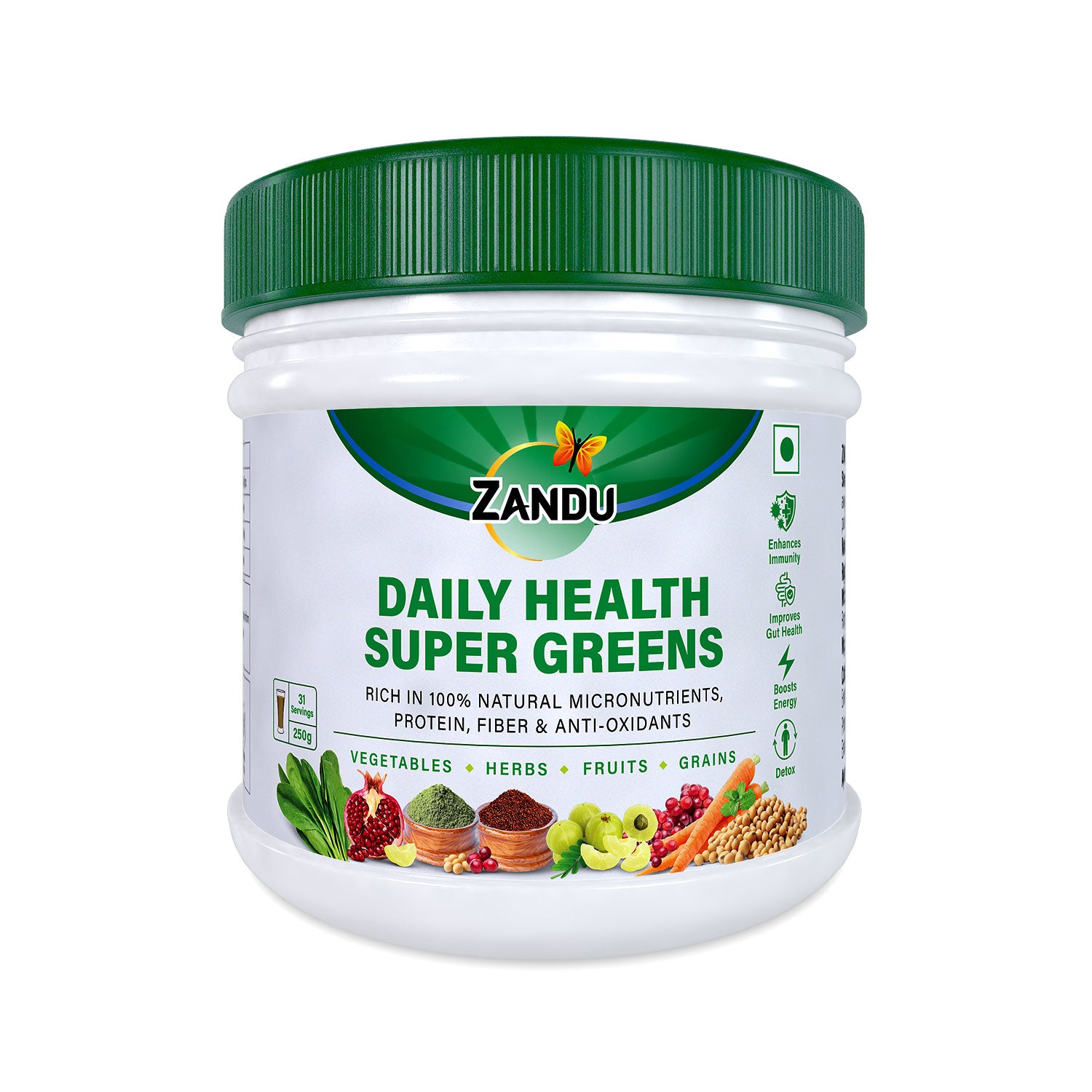Discover the Secret to Food Digestion and Immunity With Gut Wellness Support

Comprehending Intestine Wellness
Understanding digestive tract wellness is crucial for general wellness, as it plays a significant role in food digestion, resistance, and also psychological wellness. The intestine, consisting of the intestinal system, is in charge of breaking down food, soaking up nutrients, and removing waste. A balanced intestine environment guarantees effective food digestion, allowing the body to utilize nutrients effectively.
Furthermore, gut wellness dramatically affects the body immune system. The intestine houses a considerable portion of the body's immune cells, and a healthy and balanced digestive tract can aid repel virus and minimize swelling. Interruptions in intestine health and wellness can bring about an over active immune action, possibly adding to autoimmune problems and allergies.
Furthermore, the intestine is typically described as the "second brain" due to the gut-brain axis, a complex communication network connecting the mind and the gut. This link affects state of mind, cognition, and emotional well-being. Problems such as dysbiosis, identified by an inequality in gut bacteria, have actually been connected with mental health conditions, consisting of anxiety and clinical depression.
The Digestive Tract Microbiome Explained

The gut microbiome, a varied area of microbes living in the stomach system, plays an essential function in maintaining digestive system health and wellness and overall health. Consisting of trillions of microorganisms, infections, fungi, and various other microbes, this facility ecological community aids in the food digestion of food, the synthesis of vital nutrients, and the policy of metabolic procedures.
Each person's intestine microbiome is special, influenced by factors such as diet regimen, way of life, genes, and ecological exposures. A balanced microbiome sustains optimum food digestion by breaking down facility carbohydrates, producing short-chain fatty acids, and assisting in the absorption of nutrients. On the other hand, an imbalance, commonly described as dysbiosis, can bring about digestion conditions, including cranky digestive tract syndrome (IBS) and inflammatory digestive tract illness (IBD)
Study has demonstrated that a varied microbiome is linked with far better wellness end results, emphasizing the relevance of dietary options in nurturing these microbes. Foods rich in fiber, probiotics, and prebiotics, such as fruits, vegetables, and fermented items, can advertise a healthy and balanced microbiome. Recognizing the intestine microbiome is vital for creating targeted treatments targeted at improving digestive health and wellness and preventing stomach conditions.

Link Between Digestion and Resistance
A robust connection exists in between food digestion and immunity, highlighting the vital function of the intestine in keeping overall health. The gastrointestinal system is home to trillions of microorganisms that create the intestine microbiome, which dramatically affects both digestion processes and immune feedbacks. This facility ecological community aids in damaging down food, absorbing nutrients, and offering essential metabolites that support immune function.
When digestion is effective, the digestive tract barrier continues to be intact, avoiding damaging microorganisms from going into the bloodstream. About 70% of the immune system resides in the gut-associated lymphoid cells (GALT), which communicates closely with the digestive tract microbiome.
Tips for Supporting Gut Health
Sustaining digestive tract health is vital for keeping both digestion efficiency and a well-functioning body immune system. To promote optimum gut health and wellness, take into consideration including several useful methods right into your daily routine.
First, focus on hydration. Consuming adequate water sustains digestion and aids keep the mucosal cellular lining of the intestinal tracts. Furthermore, normal exercise can enhance gut mobility and promote a diverse microbiome.
Mindful eating practices are additionally necessary. Chewing food extensively and eating gradually can assist digestion and avoid overeating, which might emphasize the digestive tract. Handling stress through techniques such as meditation, yoga, or deep-breathing exercises can positively influence gut health and wellness, as tension is recognized to interfere with gastrointestinal procedures.
Incorporating prebiotics and probiotics right into your program is an additional reliable technique. While specific foods will certainly be gone over later on, comprehending the importance of these components is crucial. Prebiotics work as food for advantageous gut bacteria, while probiotics present online valuable organisms.
Lastly, prevent extreme use of prescription antibiotics, as they can interfere with the balance of gut vegetation. By complying with these tips, you can substantially contribute to the upkeep of a healthy and balanced intestine, which is essential for general wellness and vigor.
Foods That Promote Gut Wellness

Fermented foods, such as yogurt, kimchi, sauerkraut, and kefir, are rich in probiotics, which are valuable germs that support intestine flora and improve digestion. These foods can assist bring back balance in the gut, especially after antibiotic usage or digestive system disruptions.
In enhancement to fermented choices, prebiotic foods, such as garlic, onions, asparagus, and bananas, act as nourishment for my review here these probiotics, advertising their growth and task. These soluble fibers support gut motility and can relieve concerns like bowel irregularity.
Additionally, including high-fiber foods, consisting of whole grains, vegetables, fruits, and vegetables, is vital for keeping a healthy intestine. Fiber help in normal digestive tract activities and helps avoid digestive problems.
Finally, omega-3 fatty acids found in fatty fish, flaxseeds, and walnuts have anti-inflammatory homes that can further support intestine health. Stressing these foods in your diet can lead to a durable digestion system and enhanced immune feature.
Conclusion
Finally, prioritizing intestine wellness is important for optimizing food digestion and boosting resistance. A balanced intestine microbiome, influenced by dietary choices and lifestyle factors, plays a critical duty in nutrient absorption and inflammation decrease. Incorporating fermented foods, prebiotics, and high-fiber choices, together with correct hydration and stress and anxiety monitoring, can substantially promote intestine wellness. By taking on these techniques, individuals can sustain overall health and wellness and vigor, unlocking the potential this link benefits of a well-functioning gastrointestinal system.
Recognizing gut health and wellness is crucial for total health, as it plays a substantial function in digestion, immunity, and also mental wellness. The digestive tract houses a considerable section of the body's immune cells, and a healthy gut can help fend off virus and lower inflammation.In addition, the gut is typically referred to as the "2nd mind" due to the gut-brain axis, an intricate interaction network connecting the brain and the digestive tract.A robust link exists between food his comment is here digestion and resistance, highlighting the vital duty of the gut in preserving general health.In final thought, focusing on gut wellness is important for maximizing digestion and improving immunity.